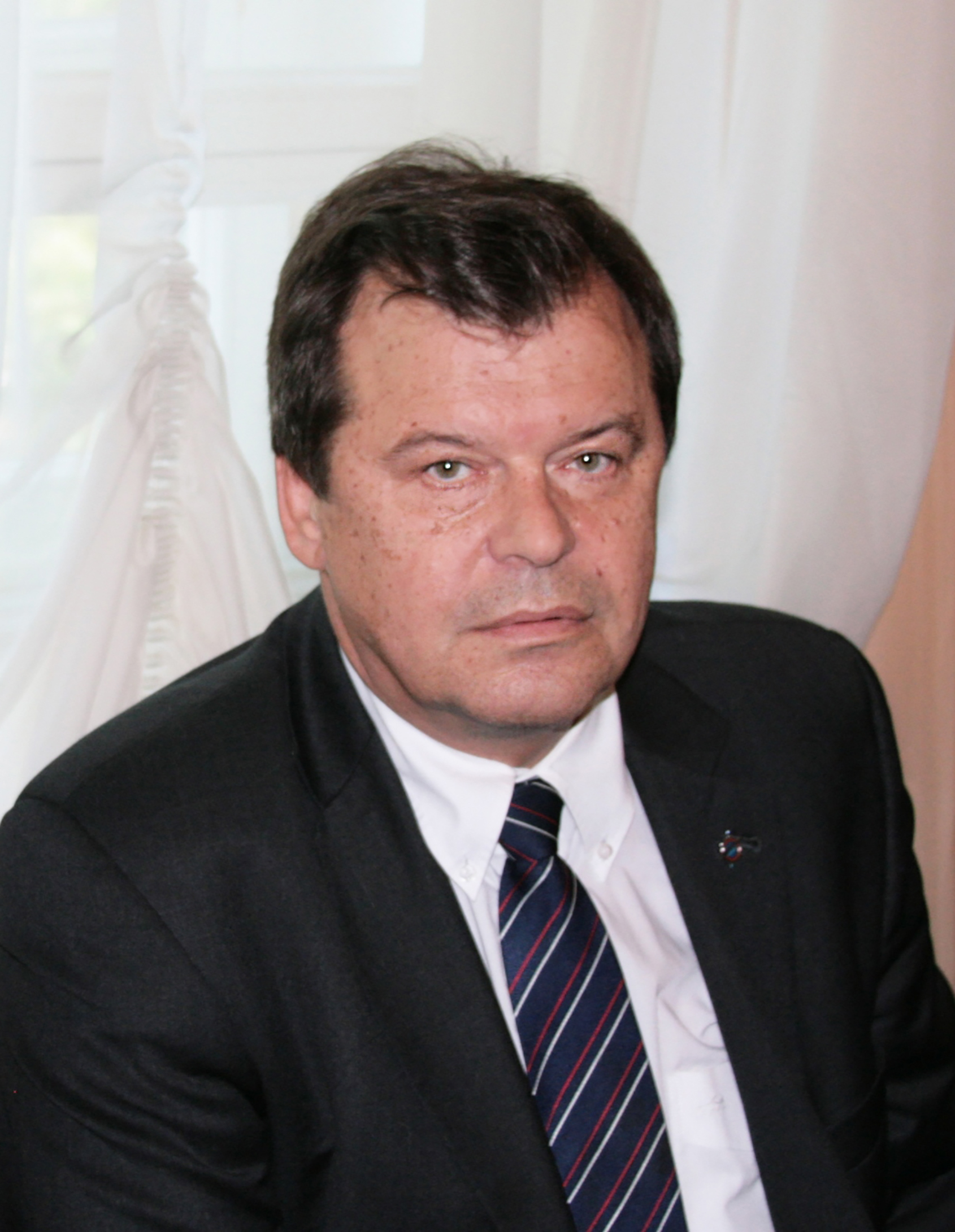An application by A.P. Møller–Mærsk’s towage subsidiary, Svitzer, to terminate its collective agreement with its entire Australian workforce could further deepen the country’s supply chain woes. Unions say the bid is an unfortunate, but major, departure from Maersk’s generally constructive approach towards transport workers and their rights, witnessed in recent years.
“Throughout the pandemic, unions have been working alongside governments and transport bodies on measures to avoid supply chain collapse,” said International Transport Workers’ Federation (ITF) General Secretary Stephen Cotton.
“In the last two years, companies and unions across every transport sector have been working together to get the world through the many faces of the pandemic. Companies, including Maersk, have been active alongside the ITF and many of our maritime affiliates in trying to resolve the seafarer crew change crisis,” Cotton said.
“Our message is that mature, respectful industrial relations is possible. In fact, constructive dialogue with everyone at the table is the only way that we will meet the shared challenges before the industry – whether it’s securing supply chains, or transitioning shipping towards sustainability.”
Cotton said that it was important that all parts of the Maersk Group upheld workers’ rights to freedom of association and collective bargaining, provisions for which are clearly set out in the International Labour Organization’s conventions C87 and C98.
“It is the right of all working people to freely associate, to form and join independent trade unions, and to bargain through those unions with their employers, should the workers choose to do so. Svitzer recognising tug workers’ rights to freedom of association and collective bargaining has got to be the cornerstone of any constructive dialogue to resolve this.”
“Svitzer need not engage in a short-sighted race to the bottom that will leave tug workers worse off and our supply chains far less secure. We know that Svitzer is capable of changing the direction of its conduct in Australia, and starting instead to actually reflect the best of Maersk’s values – some of which we have seen in action during this pandemic.”
“We encourage Svitzer to sit down with our affiliates and resolve this together, so that we can return our collective focus to ensuring Australian households and businesses have maritime supply chains they can rely on, for the food, fuel, medicines, and consumer goods they need.”
“The tug sector is critical to the security of our supply chains. These workers are the air-traffic control operators of ocean cargo: without them, nothing moves. Without their focus and skill: containers can pile high, ships back up, vessels collide, or worse happens,” Cotton said.
Maersk Group should be leading tug sector out of short-sighted race to the bottom
ITF Inland Navigation Section chair Yury Sukhorukov said A.P. Møller–Mærsk had an ethical responsibility to lead all the industries within which it operates towards better standards for pay and conditions, and health and safety.
A successful termination bid by Svitzer would push hundreds of Australian tug and towage workers onto the bare legal minimums for pay and conditions. This would result in the loss of union-won restrictions on excessive hours critical to prevent fatigue.
“While this behaviour is unacceptable from any employer, it is particularly disappointing because maritime workers and our unions have worked so hard to build robust, respectful industrial relationships with Maersk and its subsidiaries. The Maersk Group has benefited from these constructive global relationships to make enormous revenues through the pandemic – but now the company has chosen to switch its approach by endorsing Svitzer’s shameless antagonism towards workers in our important, but often undervalued, tug sector,” said Sukhorukov.

The chair said that when the ITF began to analyse major areas of risk to global supply chains, towage services in ports and harbours was identified as a significant risk by the federation’s researchers.
“The ‘race to the bottom’ we see in many tug markets, with operators undercutting each other, inevitably leads to lower labour and safety standards,” Sukhorukov continued.
“We have seen elsewhere that mistakes happen when tug crew have their wages reduced, or crew sizes are cut to lower, ridiculously unsafe levels – just to squeeze the wages bill within cheaper and cheaper contract bids by operators. It is unwise for shipping companies and other port clients to pile so much risk onto this critical sector – a rise in accidents, injuries, and stalled supply chains are all completely foreseeable outcomes.”
“In the current difficult circumstances of the pandemic and supply chain strain, unions and employers should be trying to work together at every available opportunity for the fair treatment, protection, and betterment of workers. This is a much preferred method to determine our shared path, rather than needless industrial battles through aggressive actions such as Svitzer’s,” said Sukhorukov.
Sukhorukov said that if Svitzer really believes that the company cannot run a profitable tug operation while also paying fair wages and ensuring safe conditions onboard, then the ITF would strongly suggest Svitzer speak to their parent company about using Maersk Shipping Line’s considerable market presence to ease the downward pressure on tug suppliers such as Svitzer.
“A safe tug sector is in Maersk’s long-term interest. I am sure that when Maersk Group takes the time to stand back and see the bigger picture, they will come to understand that everyone benefits from a safe, secure and stable tug sector. We look forward to Maersk therefore reasserting its support for the rights of tug workers to collectively bargain for fair wages, secure jobs, and safe hours of work and rest – of course, as part of a new collective agreement with our fraternal unions in Australia,” said Sukhorukov.
The unions party to the existing agreement are ITF affiliates Maritime Union of Australia (MUA), the Australian Institute of Marine and Power Engineers (AIMPE) and the Australian Maritime Officers (AMOU).
